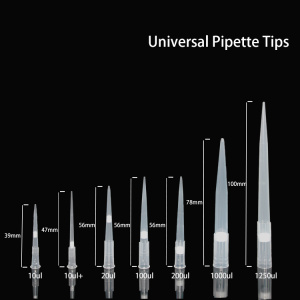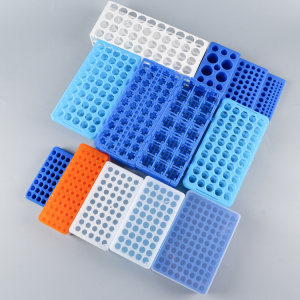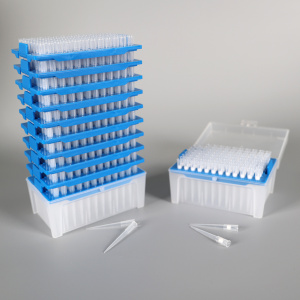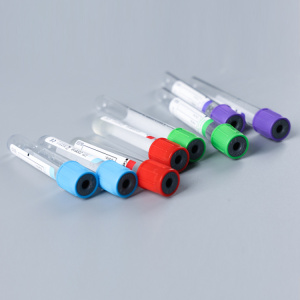How to perform a new coronavirus nucleic acid test? Take you to reveal the whole process
Since the occurrence of COVID-19, the relatively rare medical term "nucleic acid testing" has become a high-frequency vocabulary in our lives.
The nucleic acid test that most people see is just the process of sampling by medical staff. Where will the specimen go later? What are the "fully armed" inspectors doing in that closed laboratory? Today, Yongyue Medical takes you to the laboratory to find out and understand the whole process of the new coronavirus nucleic acid detection.

Receive samples
The first step is to receive the sample: the sample is transported to the nucleic acid testing laboratory through a dedicated sample transfer box.

Reagent preparation
The second step of reagent preparation: the tester prepares the amount of reagents according to the sample size.

Organize samples
The third step is to sort the samples: the inspectors check the quantity and sort the samples in the biological safety cabinet.

Entry information
The fourth step is to enter information: check the number of barcodes again, number the samples and enter the information into the LIS system.

Sample addition
Step 5: Sample addition: Shake the sample and add the virus preservation solution to the wells of the nucleic acid extraction plate.

Nucleic acid extraction
Step 6 Nucleic acid extraction: Place the nucleic acid extraction plate in the nucleic acid extraction instrument for nucleic acid extraction.

Nucleic acid spotting
Step 7: Nucleic acid spotting: Add the extracted nucleic acid to the reaction system.

Nucleic acid amplification
The eighth step of nucleic acid amplification: Place the prepared amplification plate on a fluorescent quantitative PCR machine for amplification detection.

Issue report
The ninth step is to analyze the judgment result and issue the report: 90 minutes later, the amplification is completed, and after the quality control is under control, judge the result of each well position, and review the issue report in the LIS system.
According to laboratory staff, in nucleic acid detection, nucleic acid extraction is the most critical step. The inspector extracts a certain amount of samples from the inactivated virus sampling tube, and performs nucleic acid extraction with a nucleic acid extractor. After a series of operations, the extracted nucleic acid is added to the reaction system, the membrane is sealed, centrifuged briefly, and then transferred to the gene amplification area through the transfer window for amplification... During the detection process, the detection personnel must be fully focused and careful.



